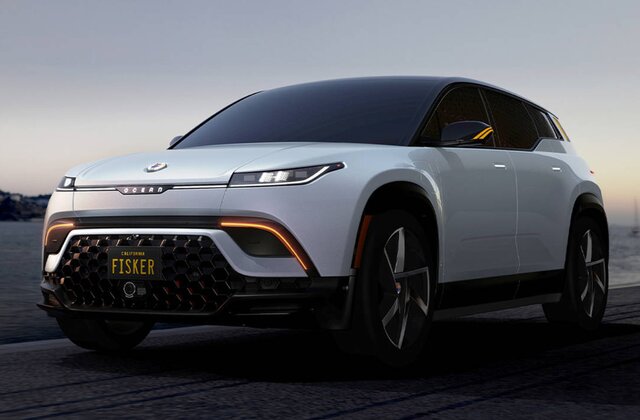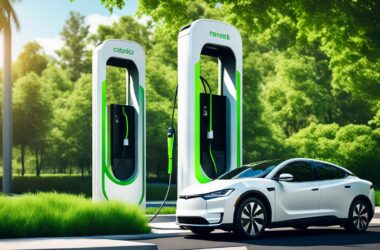Introduction
Electric vehicles (EVs) have emerged as an eco-friendly and economical alternative to traditional petrol and diesel cars. If you’re contemplating a shift to an electric car, this guide aims to address the myriad questions that might be on your mind, from understanding how they work to the practicalities of charging and the environmental impact.
How Electric Cars Work
Electric cars utilize rechargeable electric batteries to power an electric motor, propelling the vehicle forward. Unlike conventional vehicles relying on internal combustion engines, electric cars operate using an electric battery pack. These batteries, typically lithium-ion, store electrical energy to drive the motor and turn the wheels.
The Role of a Regulator
Electric cars feature a crucial regulator to maintain consistent energy levels, safeguarding the battery from damage. This regulator ensures a balance in the production and usage of energy, preventing overloading and potential burnout.
Range Anxiety: How Far Can They Go?
The distance an electric car can cover on a full charge is a common concern. In general, a larger battery size correlates with an extended range. While Tesla models boast impressive real-life ranges of 200 to 300 miles, the average for most electric cars hovers around 133 miles. Beware of misleading New European Driving Cycle (NEDC) ranges, often overstated compared to real-life conditions.
Charging Your Electric Steed
Charging an electric car offers various options, mirroring the convenience of charging your smartphone. Home charging remains the most cost-effective, but workplaces and public spaces increasingly feature electric charge points. Major networks like ChargePoint Scotland and ChargeMaster/POLAR offer charging facilities, each with varying coverage and pricing.
Navigating Charging Costs
Charging costs vary based on location and battery size. Charging at service stations or supermarkets might cost around £6.50 for a 30-minute, 100-mile charge. Workplaces often provide free charging, while home charging averages around £7.80 for a full charge, translating to approximately 200 miles of range. Larger batteries incur higher charging costs.
Charging Times: The Need for Speed
Charging times depend on factors such as charging point speed and battery size. Rapid charge points, common on motorways, offer a full charge in around 30 minutes, ideal for long-distance journeys. Home charging might take longer, with an average of four hours for a full charge using a seven kWh home-based charging point.
Environmental Impact
The environmental impact of electric cars is a key consideration. While they reduce dependence on fossil fuels, challenges exist, such as electricity grid sources and battery manufacturing. However, their low emissions, recyclability, and reduced sound pollution contribute positively to their eco-friendly image.
The Decision-Making Dilemma: Should You Buy an Electric Car?
Despite initial cost concerns, the price of electric cars is anticipated to decrease. Their efficiency, lower running costs, and decreasing charging times make them an attractive option. Electric cars outperform traditional vehicles in terms of power, torque, and acceleration. As technology advances, the environmental impact is expected to diminish, making electric cars a compelling choice for a cleaner and cost-effective future.
In conclusion, electric cars present a promising alternative, aligning with environmental consciousness and future-focused efficiency. As technology evolves and costs decrease, the shift toward electric vehicles is not just a trend but a significant step toward sustainable and enjoyable driving experiences.










